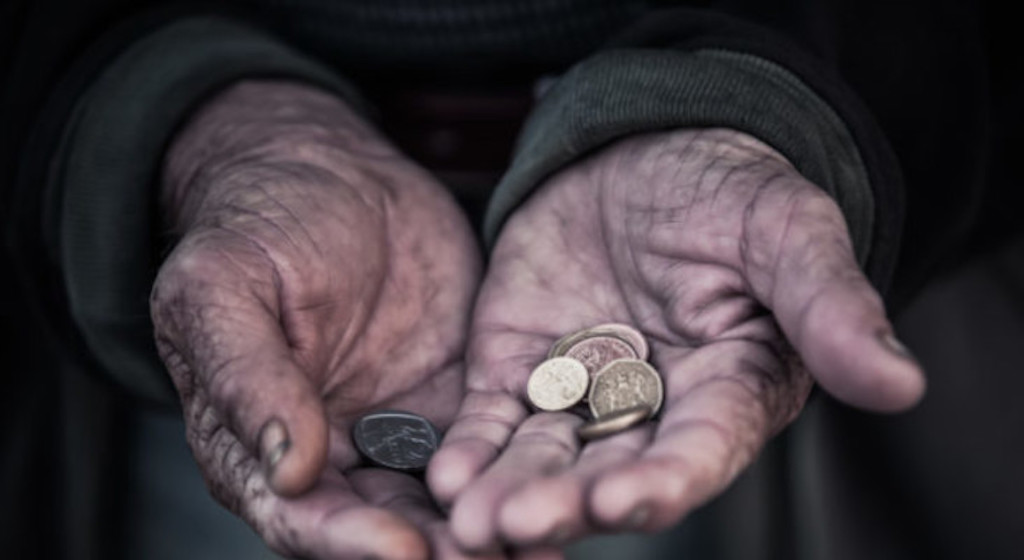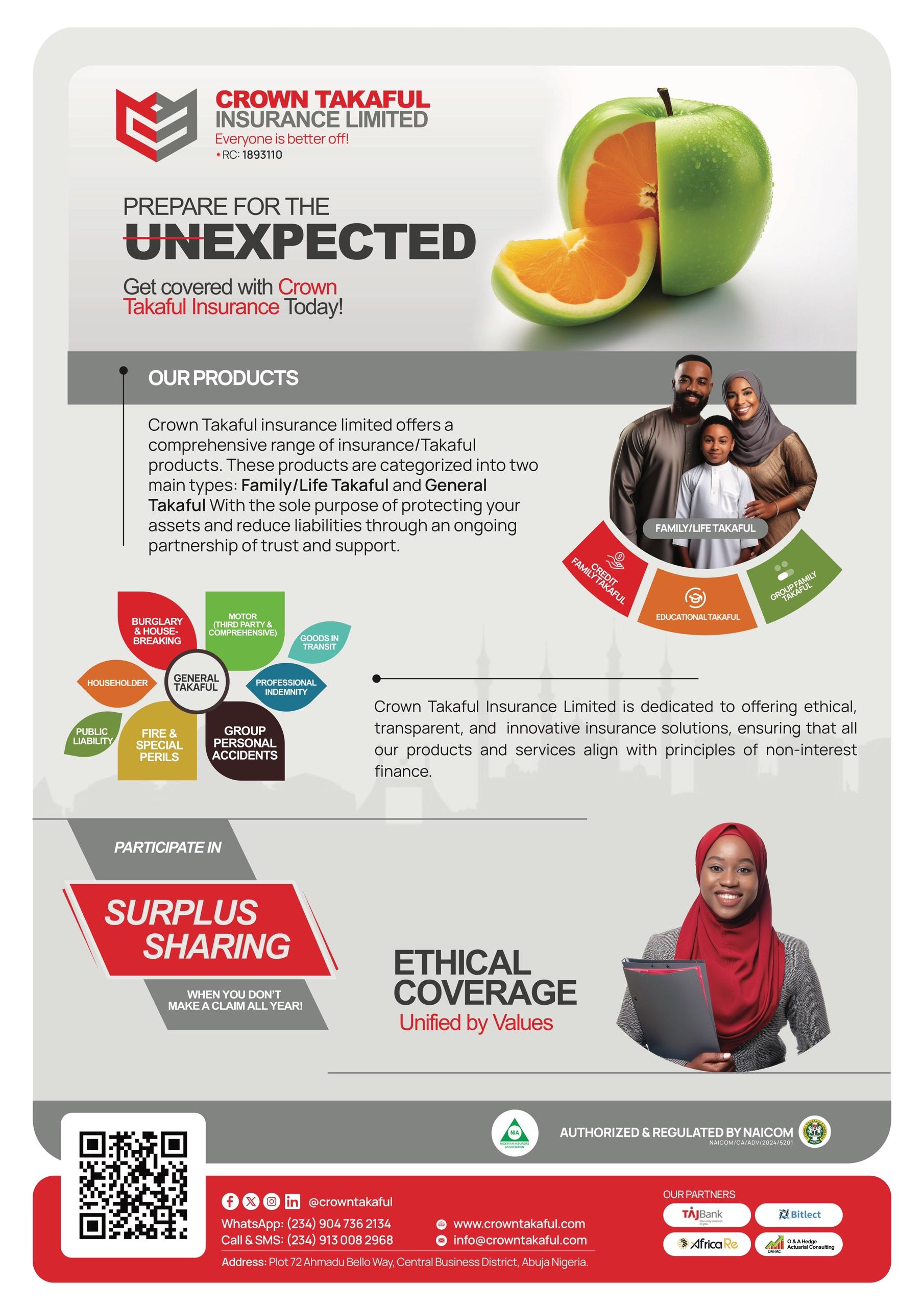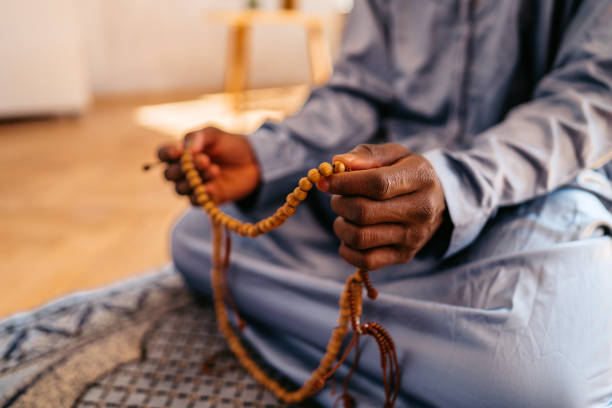By: Dr. Huseyn Zakaria
In the Name of Allah, the Most Gracious, the Most Merciful. May His peace and blessings be upon His last and final Messenger, Muhammad, his household, his companions and all his followers worldwide, and until the end of time.
Introduction: A Question of Etiquette in the House of Allah:
Recently, a senior and close friend posed a question that compelled me to delve deeper into a matter of both fiqh (jurisprudence) and daily conduct. He asked about the Islamic ruling on how one should respond to a person begging in the Mosque, specifically after the congregational prayers. His query resonated deeply, as it recalled a talk I had once watched a video clip of an Islamic preacher who advocated sternly rebuking anyone who sought or beg for financial assistance or ask for alms within the sacred precincts of the Masjid. While the preacher’s stern recommendation had stuck in my memory, I had never ventured to verify its authenticity or explore the nuanced opinions of classical scholarship on the matter. As if divinely arranged, this very issue was placed before me once again, this time demanding a well-researched and evidence-based answer. This article is the fruit of that research, a sincere effort to uncover the balanced, compassionate, and principled guidance of Islam on this subject.
Guided by the primary sources of the Quran and the authentic Sunnah, and illuminated by the reasoned opinions of the Four Schools of Islamic Law and the pious predecessors (al-Salaf al-Salih), the following discussion seeks to clarify the rights of the needy, the sanctity of the Mosque, and the proper etiquette Allah has prescribed for His servants. It is my sincere hope that this exploration serves as a beneficial guide for the Ummah worldwide, helping to navigate this situation with both knowledge and compassion.
The Ruling on Begging in the Mosque: A Comprehensive Juristic Study
Part 1: The Foundational Ruling on Begging in Islam:
Before addressing the specific context of the mosque, it is crucial to understand Islam’s general stance on begging. The Shariah takes a firm position to preserve human dignity and encourage self-reliance.
The Prohibition of Begging Without Genuine Need:
The default ruling for begging without a genuine need is prohibition (Haram), and this is a consensus among scholars. This is established through numerous clear texts from the Prophetic Sunnah.
The Prophet Muhammad (peace be upon him) vividly illustrated the spiritual consequences of this habit, stating: “He who asks people for their wealth in order to increase his own, is only asking for a live coal; so let him ask for little or much” (Sahih Muslim). In another hadith, he described it as a cause of disgrace in the Hereafter: “A man continues to beg from people until he will come on the Day of Resurrection with no flesh on his face” (Sahih al-Bukhari & Muslim).
The renowned scholar Abu Hamid Al-Ghazali summarized this principle in his work Ihya’ ‘Ulum al-Din, stating: “Begging is originally forbidden, and it is only permitted out of necessity or an important need close to necessity. If one can do without it, then it is forbidden.”
When Begging is Permissible: The Three Exceptions:
Recognizing human need, the Sharī’ah opens the door for asking in specific, dire circumstances. The Prophet (peace be upon him) explicitly defined these exceptions in a famous hadith narrated by Qabisa ibn Al-Mukhariq: “Begging is not permissible except for one of three (categories):
1. A man who has incurred a debt (to reconcile parties), so begging is permissible for him until he pays it off, then he must stop it thereafter.
2. A man whose wealth has been destroyed by a calamity, so begging is permissible for him until he obtains a means of livelihood.
3. A man who is stricken by poverty, to the extent that three wise men from his people testify, ‘So-and-so has been stricken by poverty’, then begging is permissible for him until he obtains a means of livelihood. Other than these, O Qabisa, begging is unlawful, and the one who engages in it consumes what is unlawful” (Sahih Muslim).
Part 2: The Specific Ruling for Begging Within the Mosque:
With the general principle established, we now turn to the specific scenario of begging within the mosque, which carries additional considerations due to the sacred status of the Masjid.
The Sanctity of the Mosque and the Issue of Annoyance:
A mosque is primarily a place for prayer, remembrance of Allah, and seeking knowledge. Any action that disrupts this environment is viewed seriously as contemptuous. Therefore, even if a person falls into one of the three categories of genuine need, the manner of their request in the mosque matters greatly. Thus, in every act there is why and how in Islam.
Scholars differentiate between two scenarios:
1. Begging that Causes Annoyance (al-Idha’): This includes actions like stepping over people’s necks, raising one’s voice, begging during the Khutbah (sermon), or persistently distracting worshippers or prolonged nagging and insistence. In this case, the ruling is clear: it is forbidden (Haram). The harm caused to worshippers and the violation of the mosque’s sanctity overrides the permissibility of the ask. Scholars like Ibn Taymiyyah and Ibn Baz emphasized that such individuals should be gently prevented to maintain the dignity of the prayer space. However, there’s no instance in Islam where it is recommended to lambsst a beggar or hoot or barrack him in the mosque.
2. Begging Without Causing Annoyance: If a genuinely needy person asks in a quiet, unobtrusive manner without anyone, the ruling is one of reprehensible dislike (Karahah Tanzihiyyah). While technically permissible for him to ask, it is considered better and more dignified to refrain. Evidence for this nuanced view comes from a incident involving Abdullah ibn Abu Bakr (may Allah be pleased with him), where the presence of a beggar in the mosque was acknowledged, and he was given food without any recorded rebuke from the Prophet (peace be upon him). Imam Al-Suyuti concluded from this that giving such a person in the mosque is an act of charity, though the act of asking there is still discouraged.
Part 3: Collecting Donations for Charitable Projects
It is vital to distinguish between individual begging and organized fundraising for communal religious projects, such as building a mosque, funding relief work, or supporting Islamic education or helpinga sick person. The latter is not only permissible but is considered a virtuous form of encouraging good (al-Shafa’ah al-Hasanah).
Shaykh Ibn Baz (may Allah have mercy on him) clarified that calling people to donate for such causes is a form of “interceding for a good cause” as mentioned in the Quran (Surah An-Nisa, 4:85). However, this must also be done with proper etiquette: it should be with the permission of the mosque administration, should not cause undue disturbance to worshippers, and should be for a project that is well-known and trustworthy. That us to say where a genuine requires have been made, if the mosque administration is not comfortable or has some doubts, a short interview can be conducted to ascertain the genuinety of issue at stake.
Part 4: How Should We Respond? The Etiquette of Dealing with a Beggar:
This brings us to the core of the initial question: what is the appropriate response when approached by a beggar in the mosque?
The Prohibition of Harsh Rebuke:
The Quran gives us a direct and compassionate command: {And as for the petitioner, do not repel him.} (Surah Ad-Duha, 93:10). This primary instruction prohibits us from driving away those who ask, whether with harsh words or rude gestures. Classical commentators like Al-Tabari and Al-Qurtubi explained that this verse teaches us to avoid harshness, and instead to respond with a kind word or at least a gentle refusal if we cannot give. Words such as; please, be patient and may Allah make it easy for you.
A Balanced Approach: Gentleness and Guidance
The Islamic response is one of wisdom and balance. It is not to sternly rebuke the beggar, as the preacher in the original anecdote suggested. Instead, the recommended approach is:
1. To be gentle and respectful, recognizing that only Allah knows the person’s true circumstance. Though, sometimes one can guess right.
2. To give if one feels inclined and is able, as it is a charity. But, then one has carefully decide to give based the wordings and appearance of the beggar.
3. If one must refuse or if the begging is disruptive, to gently and politely discourage the practice.
This can be done by softly reminding the person of the Islamic teachings on self-reliance and the sanctity of the mosque, or by directing them to local, official Zakat committees and charitable organizations that can provide more structured help where such outlets are available.
Conclusion
In conclusion, the ruling on begging in the mosque is a nuanced issue that balances the rights of the needy with the sanctity of our places of worship. While Islam strongly discourages habitual begging and forbids it when it causes annoyance in the mosque, it simultaneously commands believers to treat every petitioner with dignity and compassion, strictly forbidding harsh rebuke. The ideal path is one of gentle correction, wise guidance, and a communal effort to support those in genuine need through proper channels, thereby upholding both the spirit of charity and the dignity of the House of Allah.






Leave a Reply